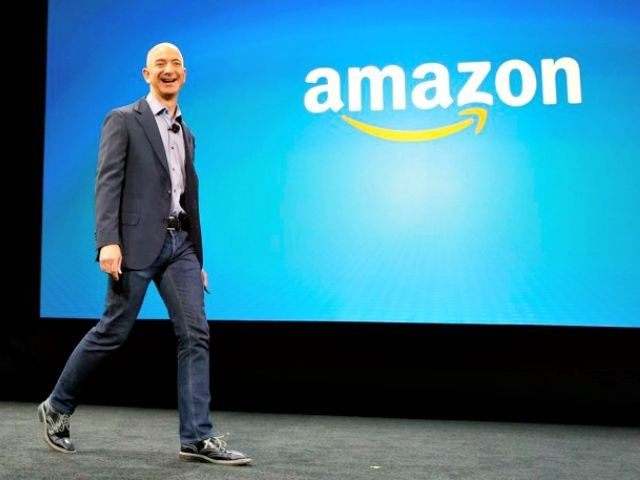The New York Times caused a stir in Silicon Valley with a viral article claiming that Amazon.com brutally exploits its white collar workers with unforgiving management practices. The investigation caused such an outcry that Amazon CEO Jeff Bezos personally responded with an email to employees assuring them that “callous” management practices wouldn’t be tolerated.
What’s odd about the Times article is that nearly everything they write about is well known; current and former employees have been anonymously rating Amazon for years on the popular workplace review site, Glassdoor.com. It’s true that Amazon ranks somewhat lower (3.4 stars out of 5) than the Silicon Valley Icons of Google (4.4) or Facebook (4.4), but close to other tech peers, Yahoo (3.4) and Microsoft (3.8).
Glassdoor does a fairly good job of aggregating anonymous feedback. The New York Times’ principal criticisms of Amazon’s work culture appear in many other major Silicon Valley companies.
At Amazon, the NYT quotes one employee as saying, “The joke in the office was that when it came to work/life balance, work came first, life came second, and trying to find the balance came last.”
According to Glassdoor, the major “con” of Microsoft, Facebook, and Google is also worklife balance. “There is no work/life balance at Facebook,” wrote one employee on Glassdoor. However, Facebook is consistently rated as one of the best places to work in Silicon Valley (on Glassdoor and other websites that rank tech workplaces).
Another criticism implied in the NYT article is that managers and co-workers are brutally honest, priding themselves on sharp criticism, even if it causes incredible stress.
“You can feel comfortable that if there’s a flaw in your plan someone will tell you to your face,” one former Amazon employee told the Times.
Evidently, Facebookers feel the same way. On Glassdoor one employee wrote: “It is an intense and demanding work environment. Many engineers work late into the night and there is an expectation that people will respond quickly, sometimes within minutes. If you don’t pace yourself, you can burn out quickly.”
To be sure, this Facebook employee ranked the company a perfect 5 out of 5 stars. So, while employees may say things that seem negative, the employees themselves don’t feel that way.
Over and Over (and over) again, the NYT story mirrors complaints that are already public on Amazon.com’s glassdoor page, as well as many other Silicon Valley companies.
So, why does Amazon rank lower than Google or Facebook? It’s hard to say. It’s possible that people who move to San Francisco expect a certain style of work, while those outside the valley (like in Amazon’s Seattle, Washington) want rate work/life balance as a higher priority.
Secondly, the one unique complaint at Amazon that appears in both the NYT article and glassdoor is the company’s thriftiness. “Frugality is the one value that you will end up hating. They abuse to the point of being cheap. Pretty much all the negatives about the company stem from this single value,” wrote a current employee on Glassdoor.
Bezos does bring up a good point in his reply to the NYT: white collar workers have lots of choices. Tech is a competitive field, where high-skilled workers have plenty of opportunity. If someone can work at Amazon, they likely have a valuable skill set and a resumé that can get them a similar salary elsewhere. Unlike factory workers in small towns, Amazon doesn’t have a monopoly on the labor supply.
More to the point, thanks to the Internet, all of this information was public before the NYT‘s article. If readers are curious about working at Amazon or other Silicon Valley companies, they can just read the many review sites online.
*For more stories like this, subscribe to the Ferenstein Wire newsletter here.

COMMENTS
Please let us know if you're having issues with commenting.